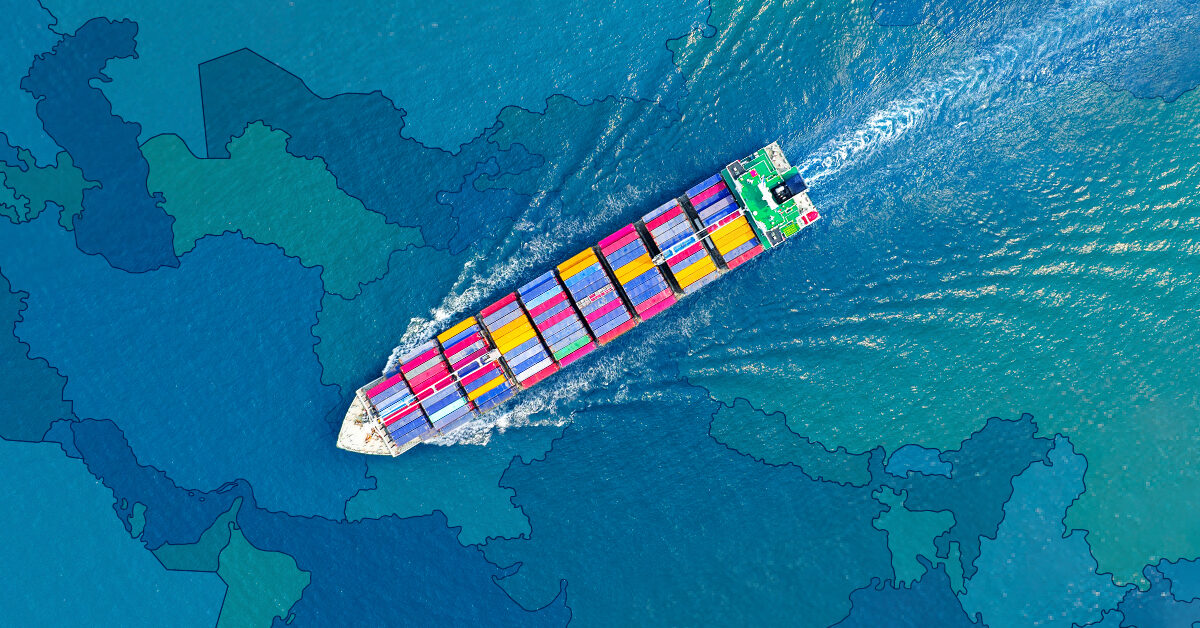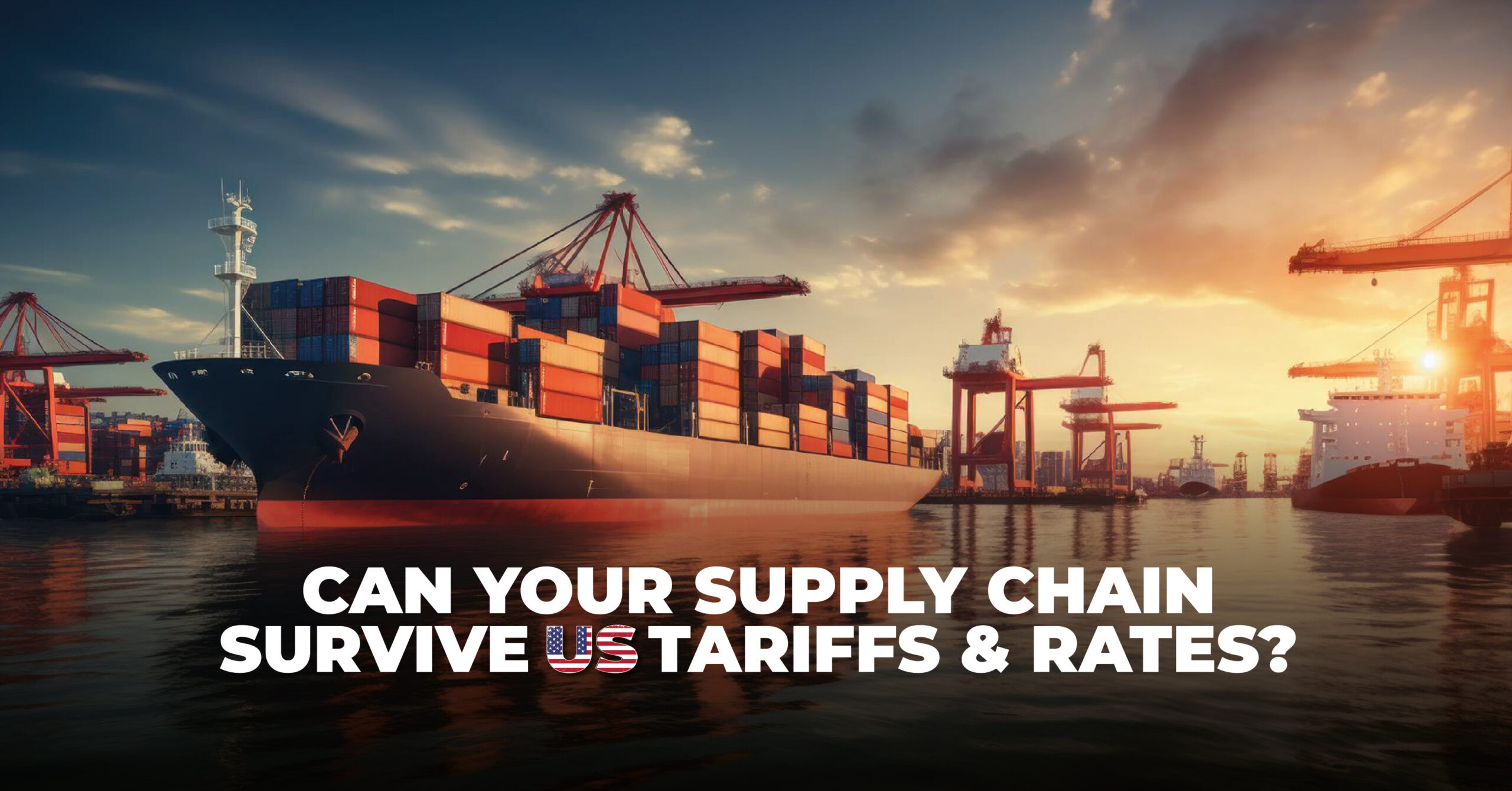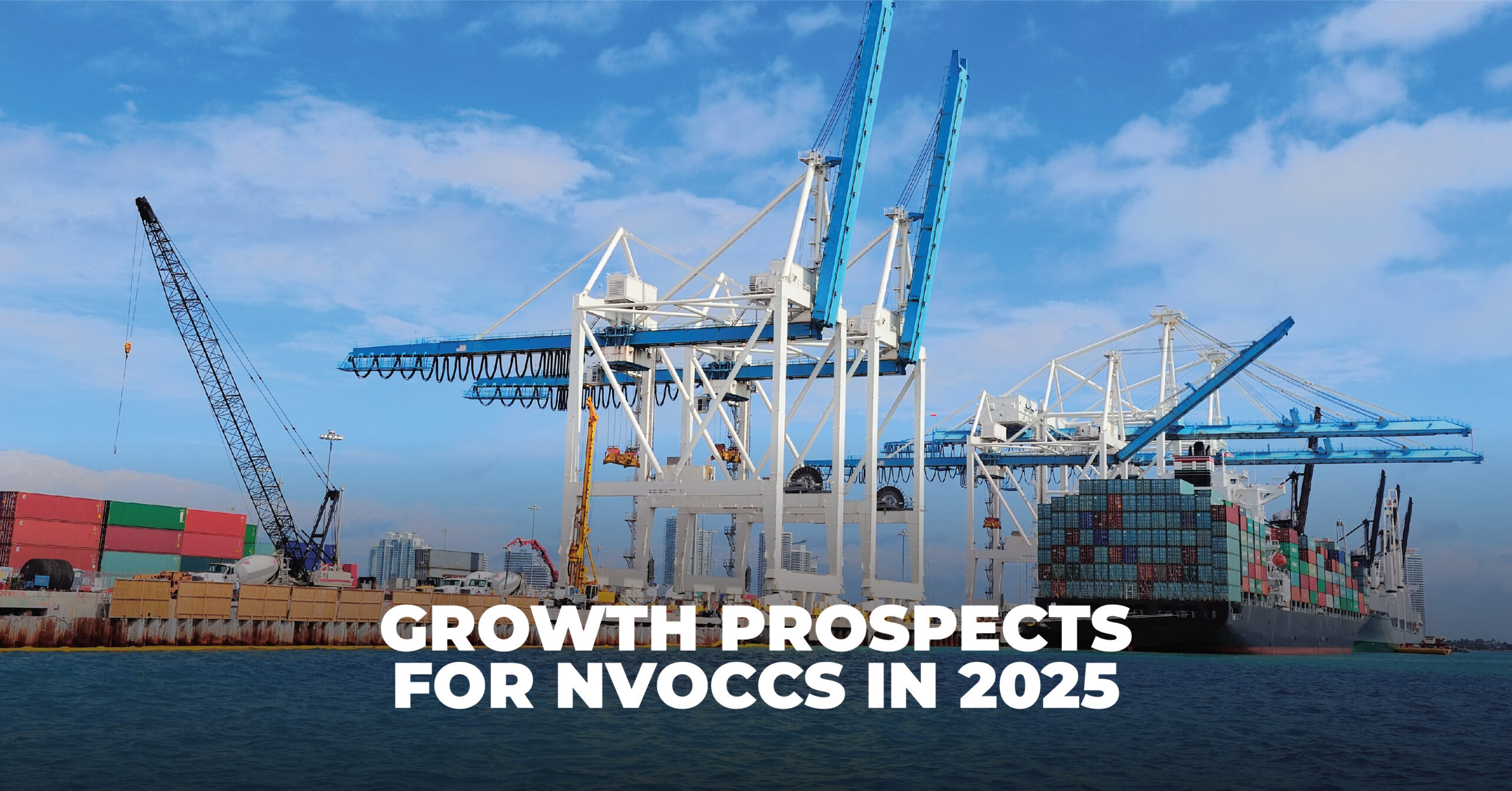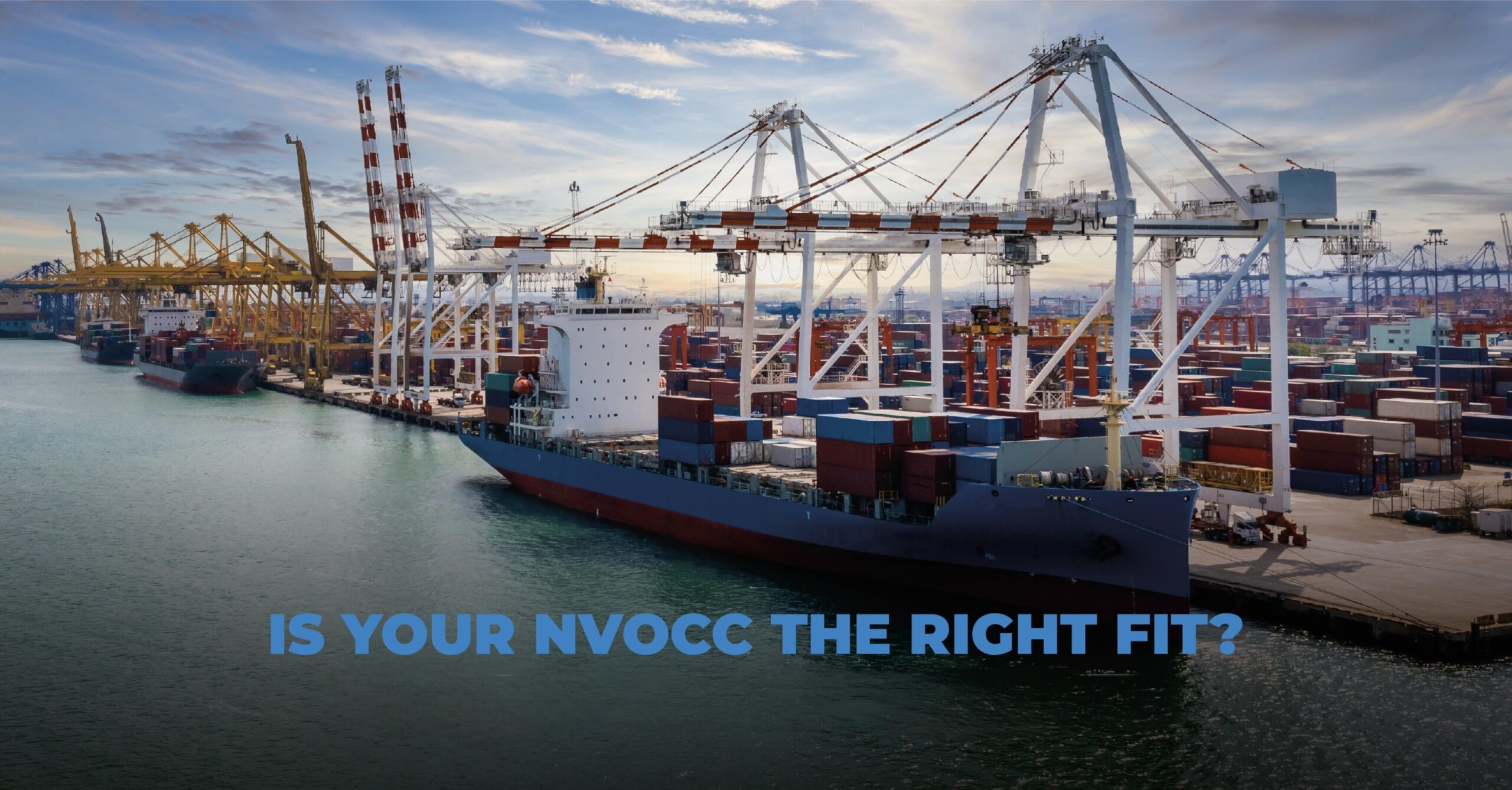In the dynamic landscape of global trade, the relationship between the Far East and the Middle East, including the Red Sea region, has emerged as a crucial axis for economic exchange. With a rich history of commerce dating back centuries, these regions continue to foster mutually beneficial trade partnerships, driven by diverse industries and a shared vision for prosperity.
The Far East, encompassing economic powerhouses such as China, Japan, South Korea, and Southeast Asian nations, boasts a wealth of manufacturing capabilities, technological innovation, and a burgeoning consumer market. On the other hand, the Middle East, comprising nations like Saudi Arabia, United Arab Emirates, Qatar, and Egypt, stands as a strategic hub connecting continents, with a burgeoning demand for diverse goods and services fueled by rapid urbanization and economic diversification efforts.
Exporting from the Far East to the Middle East and the Red Sea region presents a myriad of opportunities across various sectors:
1. Manufacturing: The Far East is renowned for its manufacturing prowess, producing a wide array of goods ranging from electronics and machinery to textiles and automotive parts. Middle Eastern countries, seeking to diversify their economies, often import these products to meet domestic demand and support infrastructure development projects.
2. Technology: With a burgeoning tech industry, especially in countries like China and South Korea, there’s a growing demand for cutting-edge technological solutions in the Middle East. From telecommunications infrastructure to renewable energy technologies, there’s immense potential for tech exports to the region.
3. Consumer Goods: As the middle-class population expands across the Middle East, there’s an increasing appetite for consumer goods from the Far East. This includes electronics, fashion apparel, cosmetics, and household goods, offering significant opportunities for exporters.
4. Infrastructure Development: The Middle East is undergoing rapid urbanization and infrastructure development, presenting lucrative opportunities for Far Eastern exporters specializing in construction materials, engineering services, and urban planning solutions.
5. Energy: The Middle East is synonymous with energy, being home to some of the world’s largest oil and gas reserves. However, there’s a growing emphasis on renewable energy sources and sustainable practices. Far Eastern exporters in the renewable energy sector can find opportunities to provide solar panels, wind turbines, and energy-efficient solutions.
Navigating the complexities of exporting from the Far East to the Middle East and the Red Sea region requires careful consideration of factors such as cultural nuances, regulatory requirements, and logistical challenges. Developing strong partnerships with local distributors, understanding market trends, and leveraging digital platforms for market research and promotion can enhance the success of export ventures.
Furthermore, initiatives like the Belt and Road Initiative (BRI) championed by China aim to strengthen infrastructure connectivity and economic cooperation between the Far East and the Middle East, opening up new avenues for trade and investment.
In conclusion, the trade relationship between the Far East and the Middle East, including the Red Sea region, holds immense potential for mutual growth and prosperity. By identifying key sectors, understanding market dynamics, and fostering strategic partnerships, exporters can capitalize on the vast opportunities presented by this dynamic trade corridor.
RSL Container Lines stands as a beacon of efficiency and reliability in the global shipping industry for over a decade. A leading provider of dry containers since its inception, today the company has an impressive fleet of 8000 TEUS that stands as a testament to excellence, comprising a blend of owned and leased units that guarantee unparalleled service. Whether it’s standard containers, specialised equipment, tanker containers, or reefer containers, our offerings are finely tuned to meet diverse shipping needs. Through advanced technology, customization, sustainability, global reach, and customer-centricity, the company has positioned itself as a key player in facilitating the seamless and secure movement of goods across borders. Despite the current tensions and challenges in the Red Sea, RSL Container Lines, as an industry-leading NVOCC, has consistently provided a smooth transshipment service to its trusted global logistics partners through Jebel Ali Port, UAE. Mr. Ronald Chandiram, the Managing Director of RSL Container Lines, emphasizes that the company remains steadfast in its commitment to delivering shipping solutions even in challenging circumstances. The RSL brand stands for its reputation as a solution provider in the global shipping industry, maintaining excellence even when the seas are rough.






